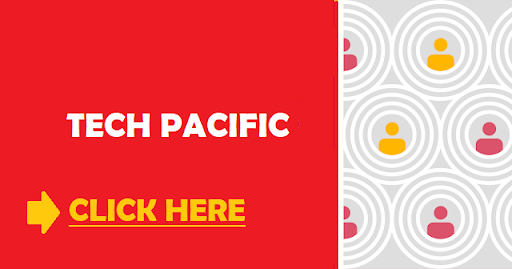New calls for sugar tax after research finds more sugar in NZ soft drinks
 The call for a sugar tax has been strengthened by a new study of New Zealand's soft drinks which shows they contain more sugar than in other countries.
The call for a sugar tax has been strengthened by a new study of New Zealand's soft drinks which shows they contain more sugar than in other countries.The University of Waikato research found the drinks contained a higher amount of sugar than those in most other Western countries.
Lead author Lynne Chepulis said the average fruit juice or soda in New Zealand had up to five or six teaspoons of sugar, compared with maybe three or four teaspoons in the United Kingdom.
She said regulations like sugar taxes were encouraging manufacturers to reduce the sugar content in their drinks.
FIZZ founder Dr Gerhard Sundborn said that on average, we had one-and-a-half times more sugar in our fizzy drinks and juice than the likes of Canada, Australia and the US.
He said there was no real regulation around sugar or its industry and that it was time for that to change.
On the back of the findings, the New Zealand Dental Association has also called for action.
Spokesman Dr Rob Beaglehole said there should be an icon on sugary drinks showing how many teaspoons of sugar were in them, a sugary drinks tax and schools should all have water-only policies.
Sugar was a major contributor to dental decay, and the study showed that drinks sold in New Zealand had several teaspoons of sugar more than similar products sold in other countries, he said.
"An end to the confusion around 'sugar per 100mls' is within our grasp. We're asking for a sugary drink icon. This would clearly let consumers know how many teaspoons of sugar are in their drink," Beaglehole said.
"We've seen many countries address sugary drink consumption by adding a levy on the price of sugary drinks. The UK is introducing one in April this year.
"In the past few years we've seen great success in water-only policy for primary and intermediate schools, but this needs to extend to all schools, including high schools."
But the New Zealand Initiative was concerned that sugar tax advocates were misleading the public by pretending to punish manufacturers rather than consumers.
Responding to renewed calls for a sugar tax, policy analyst Jenesa Jeram said there were still no grounds for introducing such a tax in New Zealand.
Jeram said that trying to regulate the sugar content of sugary drinks was likely to have unintended consequences.
"The trend for introducing sugar taxes overseas is growing faster than the evidence base that the tax will reduce obesity. The evidence that is coming in is that manufacturers who reformulate their products face the risk of consumer backlash. Rather than jumping on the bandwagon, New Zealand should be waiting to see whether the sugar taxes overseas are actually improving health outcomes."
The Dental Association was leading a seven-point consensus statement on sugary drinks which was backed by 12 other health organisations.
The seven actions are;
• Introducing an icon on drinks indicating, in teaspoons, the amount of sugar in each drink.
• Independent monitoring and evaluation of food marketing, with an emphasis on marketing that influences children.
• Urging the Government to adopt WHO limit guidelines on sugar.
• Encouraging the public to switch to water by; introducing warning labels highlighting sugary drinks as risk factors for obesity, diabetes and tooth decay, and nationwide social marketing campaigns such as "Switch to Water".
• Working with schools and the Ministry of Education to introduce "water only" policies.
• Introducing local council "water only" policies at council facilities and events.
• Introduction of a "sugary drinks" tax in line with WHO recommendations.... PACNEWS





Post a Comment